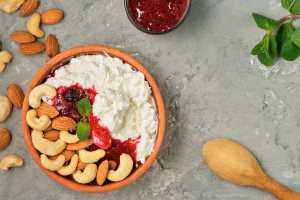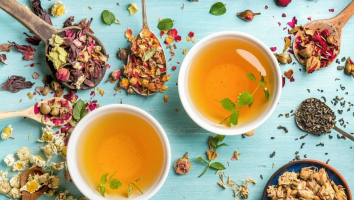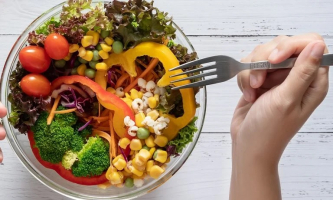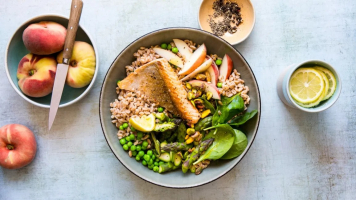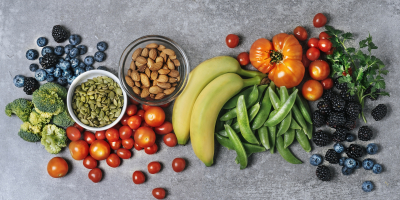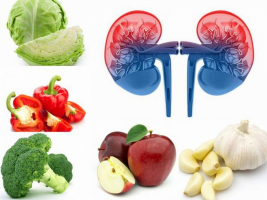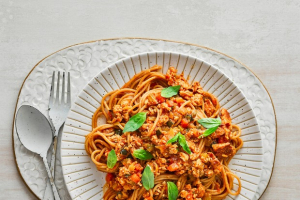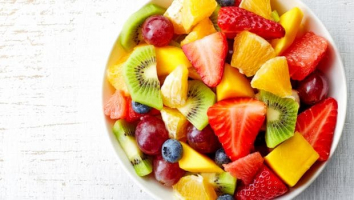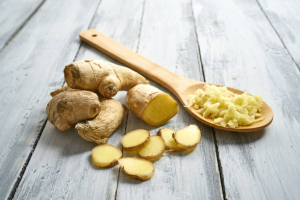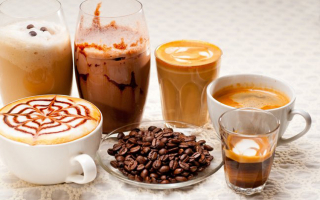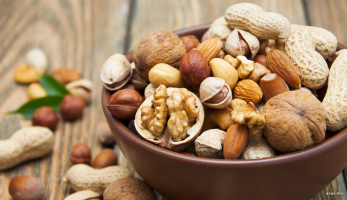Top 10 Best Fruits for People With Diabetes
There is a misconception that people with diabetes cannot eat fruit. Fruit does have natural sugars in it, but you may not necessarily avoid fruit if you have ... read more...diabetes. It just means you need to make better choices on what fruit (and how much) you eat to keep blood sugar in check. Below are some of the Best Fruits for People With Diabetes!
-
For centuries, pears have been used in Eastern medicine. They help in treating a variety of conditions, including inflammation, constipation, and hangovers.
Pears are also known to aid in blood sugar control and reduce the risk of type 2 diabetes and stroke. According to some research, the anthocyanins that give pears their color may help reduce your risk of developing type 2 diabetes. On a scale of 1 to 100, the glycemic index (GI) rates food and its impact on your blood sugar. Your blood sugar will rise more quickly the higher the GI level. On the glycemic index, pears range from 20 to 49. As a result of their high fiber content, they classify as low-GI food. One small pear has about 7 grams of it. That amounts to up to 20% of the daily fiber requirement. (Men should aim for 38 grams of fiber per day, compared to women's recommended 25 grams).
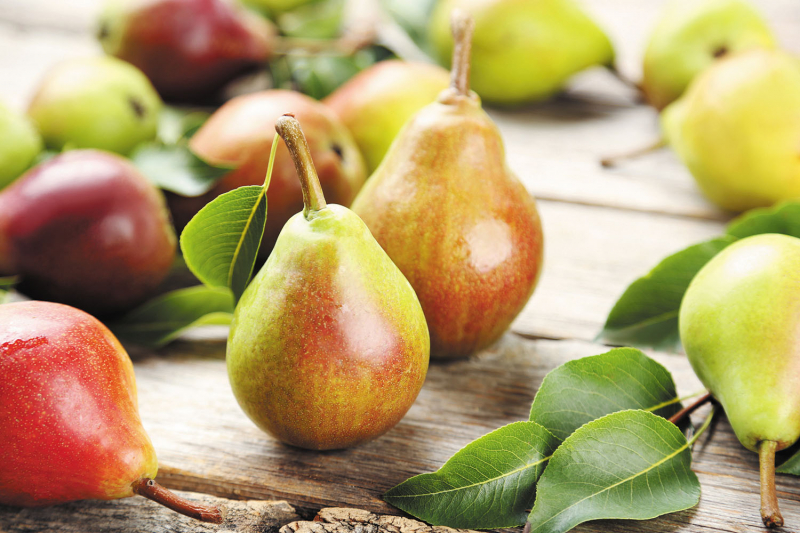
Pears 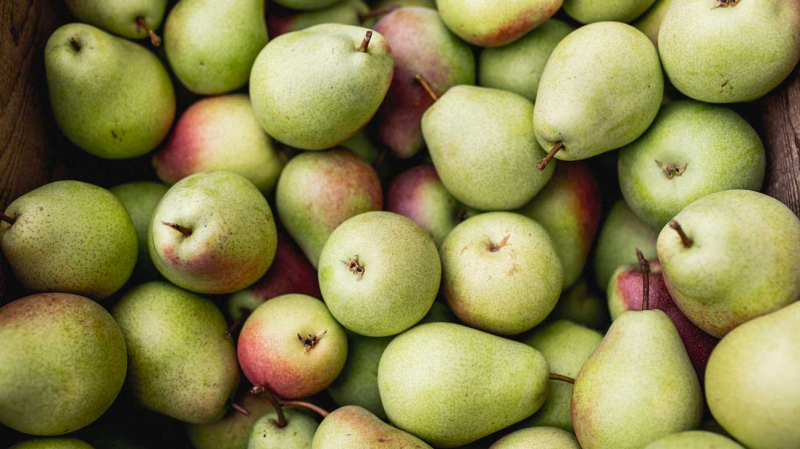
Pears -
Apples are one of the most popular fruits in the world. They’re also highly nutritious. In fact, apples are high in vitamin C, fiber and several antioxidants.
Apples slightly raise blood sugar levels because they are quite low on both the glycemic index (GI) and glycemic load (GL) scales. Apples do contain sugar, however, a large portion of that sugar is fructose. Fructose has little impact on blood sugar levels when it is consumed in whole fruit. A further benefit of apple fiber is that it slows the digestion and absorption of sugar. This indicates that sugar does not rapidly raise blood sugar levels instead and enters the bloodstream gradually. Additionally, the plant compounds called polyphenols, which are included in apples, may slow down the digestion of carbohydrates and reduce blood sugar levels.
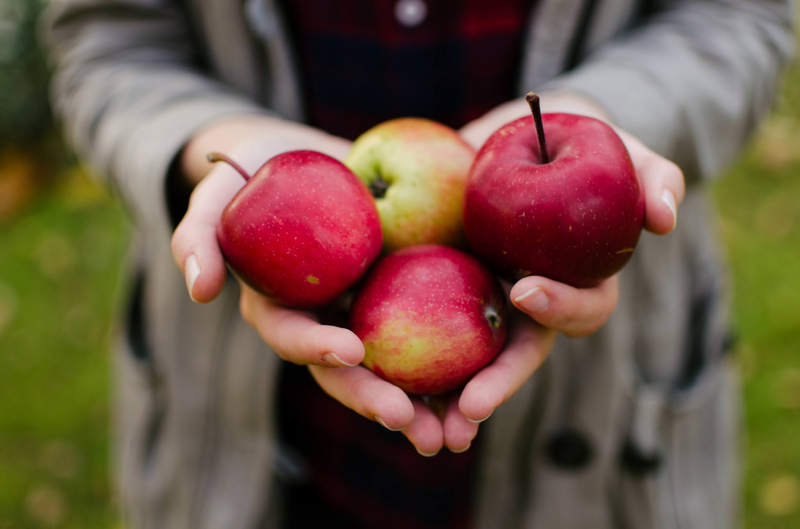
Apples 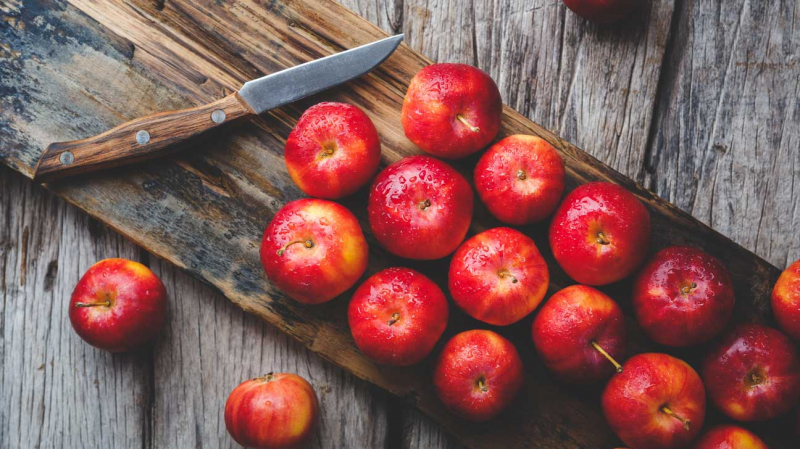
Apples -
If peaches are one of your favorite foods, you may be wondering if they are beneficial or harmful for diabetics. Fortunately, if you enjoy this sweet fruit, you don't need to worry because most diabetics can eat peaches.
Peaches are a healthy option for those with diabetes because they won't trigger a blood glucose spike. Peaches are high in potassium, fiber, vitamins A and C, and they are low in fat. Diabetics can eat fruits with a glycemic index under 55 without risk. Depending on size, a peach has a GI that ranges from 28 to 56. Just keep in mind that the ADA recommends only consuming peaches that are fresh, frozen, or canned without any added sugar. By doing this, you may stay away from any extra or processed carbohydrates that could raise your blood sugar levels.
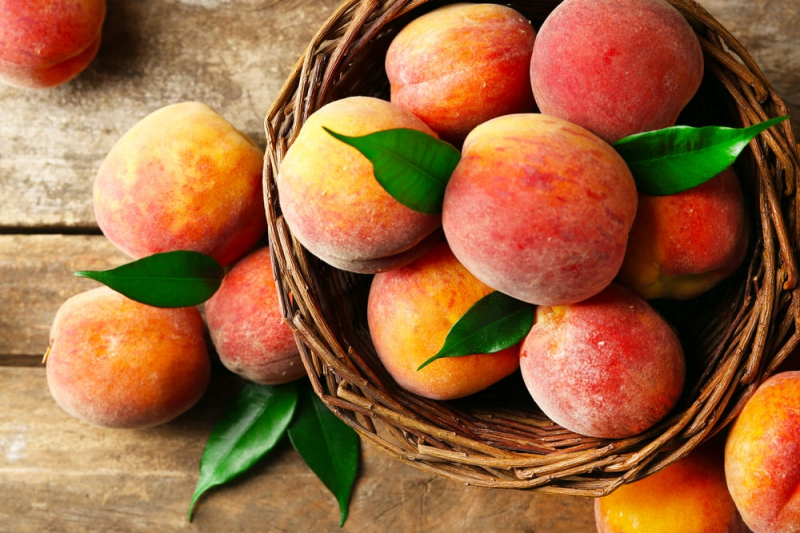
Peaches 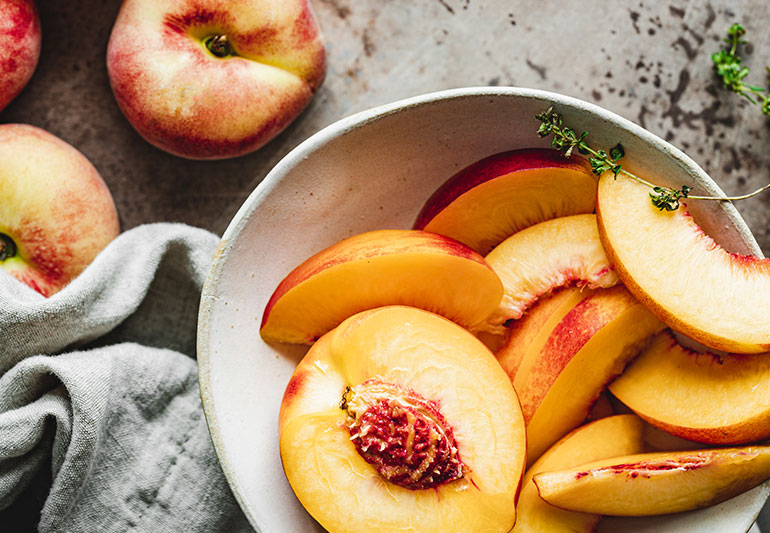
Peaches -
Apricot (Prunus armeniaca) is a stone fruit. The fruit is nutritious and offers a range of health benefits. Apricots are the ideal snack when they are dried. The fruit is highly nutritious and has a moderately high natural sugar content, so it is safe fruit to add to a diabetic-friendly diet.
Fewer calories and fat are found in apricots. The vitamins A, E, D, and C are also abundant in the dried fruit. This fruit is a fantastic addition to a diabetic diet because of its high vitamin content, potassium, copper, and manganese are found in apricots. Furthermore, compared to sweets made of sugar and refined carbohydrates, apricots may help satisfy a sweet tooth without negatively impacting blood sugar levels. The nutritional profile and low GI of apricots help with better diabetes control, which suggests apricots are beneficial for diabetes.
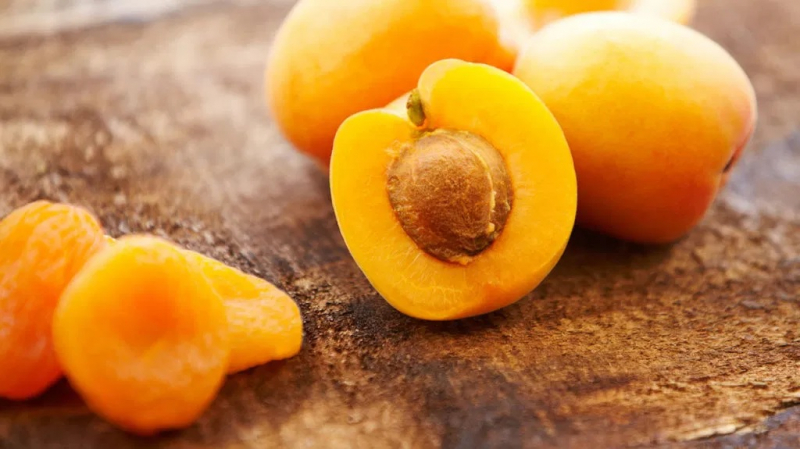
Apricots 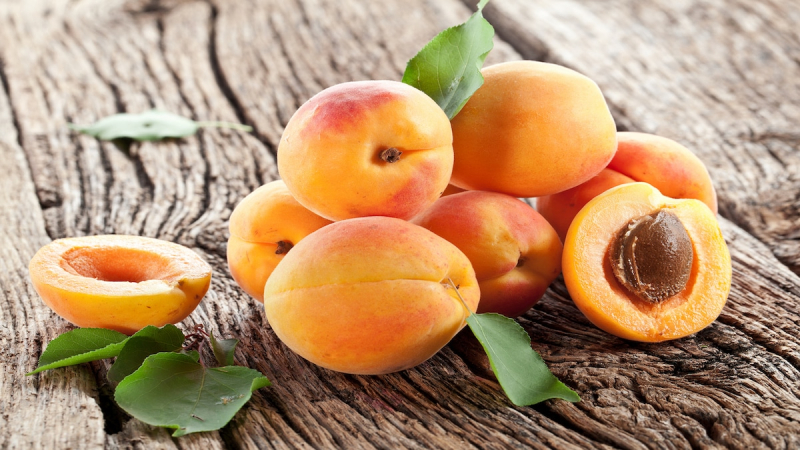
Apricots -
Blueberries are referred to as a diabetes superfood by the American Diabetes Association (ADA). The vitamins, antioxidants, minerals, and fiber included in berries help to maintain overall health. They could also help in disease prevention.
Blueberries may support weight reduction, insulin sensitivity, and glucose processing for diabetics. The efficient processing of glucose may be improved by blueberries. One 2010 research published in The Journal of Nutrition found that consuming blueberry smoothies helped obese adults with prediabetes improve their insulin sensitivity. According to the study, eating blueberries can make the body more responsive to insulin, which may benefit those who are prediabetic. Furthermore, because of their fiber content, berries are a blood sugar-friendly snack. 2 grams of fiber are present in a half-cup of blueberries, given its crucial role in regulating and maintaining blood sugar, fiber is likely one of the most crucial nutrients for patients with diabetes or prediabetes.
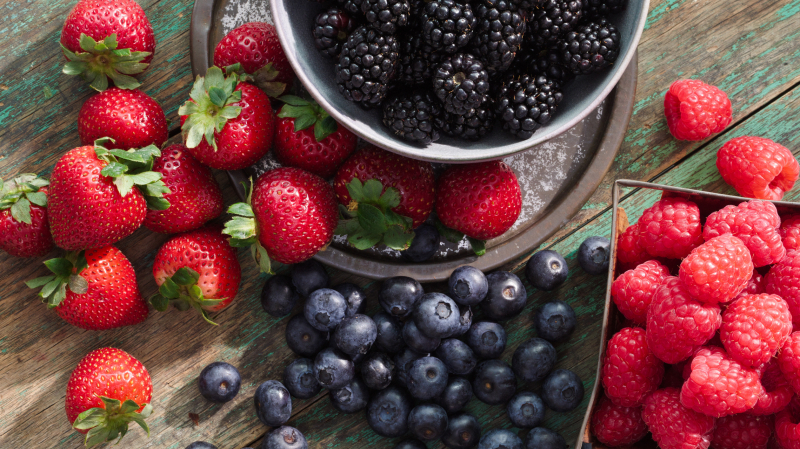
Berries 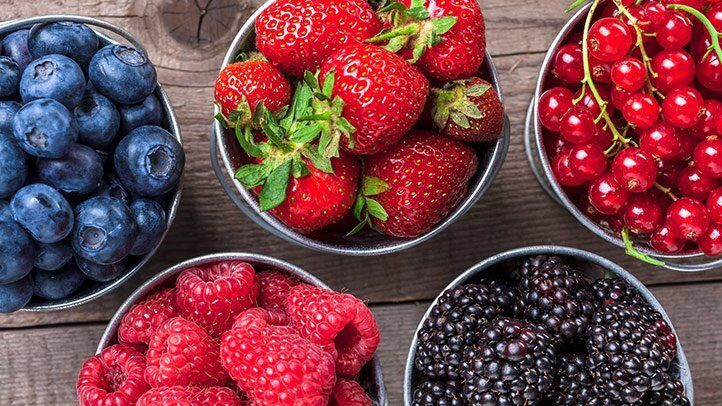
Berries -
Cherries are naturally sweet, and they also have a low-calorie count. Each serving also has a great number of minerals and beneficial bioactive substances.
Cherries may play a role in the control of diabetes, cherries have potential significance in healthy glucose regulation, which may lower the risk of diabetes and reduce its negative effects. A 2012 research on rats that had been given the diabetes drug Alloxan came to the conclusion that cherry extract is helpful in regulating blood glucose levels and that cherries may help manage diabetes and lessen its consequences. According to a 2017 journal article, the dietary anthocyanins in cherries and other fruits like blueberries seem to target and improve insulin sensitivity. They also have the potential to aid in the management of diseases like diabetes.
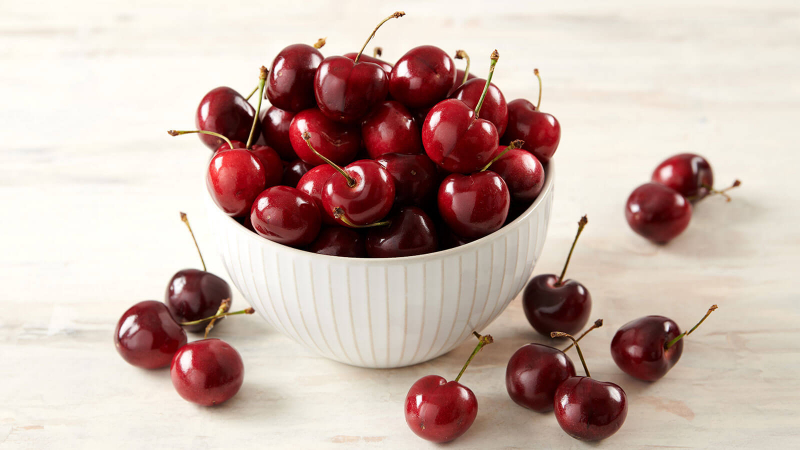
Cherries 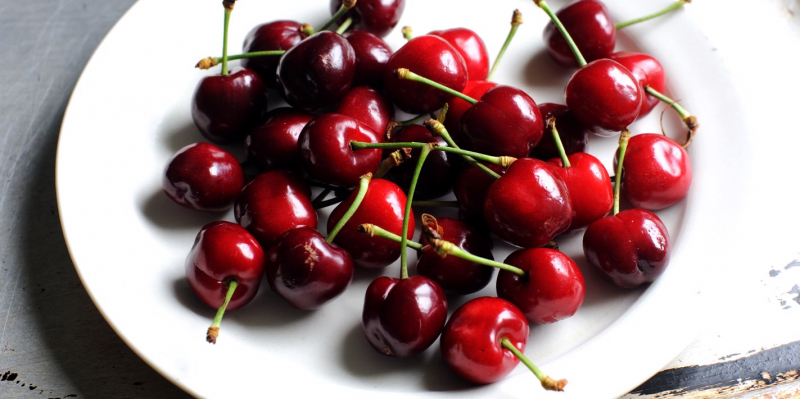
Cherries -
Because of their fiber, vitamins, minerals, and antioxidants, oranges are a nutritional powerhouse. This citrus fruit is perfectly healthy for diabetics when consumed in moderation.
Oranges are better for diabetics since they cause a slow rise in blood sugar levels because they have a low GI. Numerous vitamins and minerals found in oranges may be especially useful for diabetics. Approximately 91% of the Daily Value (DV) for vitamin C is contained in a medium-sized orange. This vitamin also has antioxidant properties, which protect your body from oxidative stress. Notably, high blood sugar levels result in oxidative stress, which can harm cells and lead to disease. If you have diabetes, you may have an increased need for vitamin C to help reverse oxidative stress.
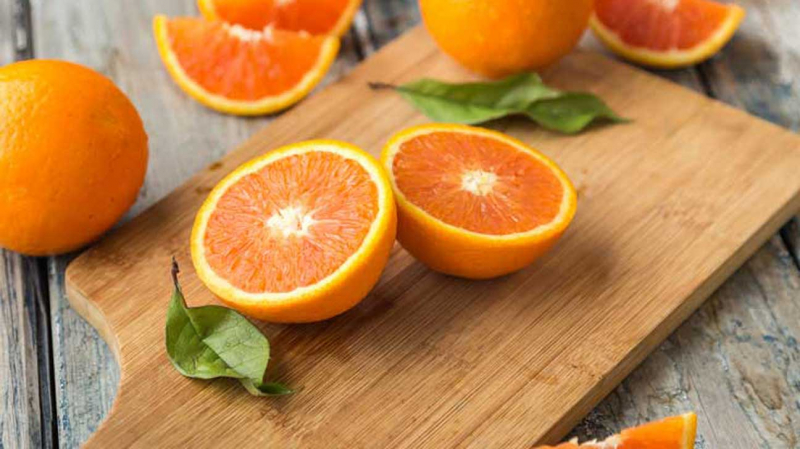
Oranges 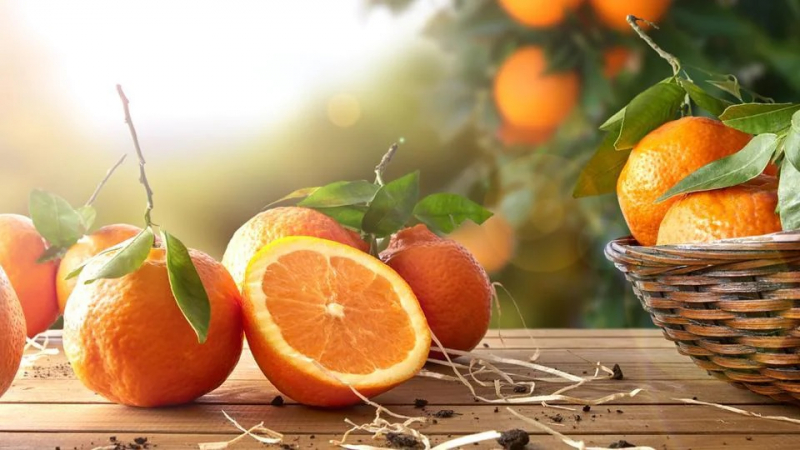
Oranges -
Grapefruit is a healthy fruit option for diabetics because it contains significant amounts of vitamins A and C, is relatively low in calories, and has a low glycemic index.
If you have diabetes, drinking grapefruit juice could be helpful. One research on animals showed that consuming clarified grapefruit juice preparations decreased both weight growth and fasting glucose. Despite being encouraging, it's crucial to remember that these findings came from a mouse model of diabetes. Grapefruit consumption has been linked to better insulin sensitivity and weight loss, according to a review of the fruit's role in diet and drug interaction. Additionally, the study notes that a grapefruit juice ingredient called naringin has been shown to reduce hyperglycemia and high cholesterol in an animal model of type 2 diabetes.
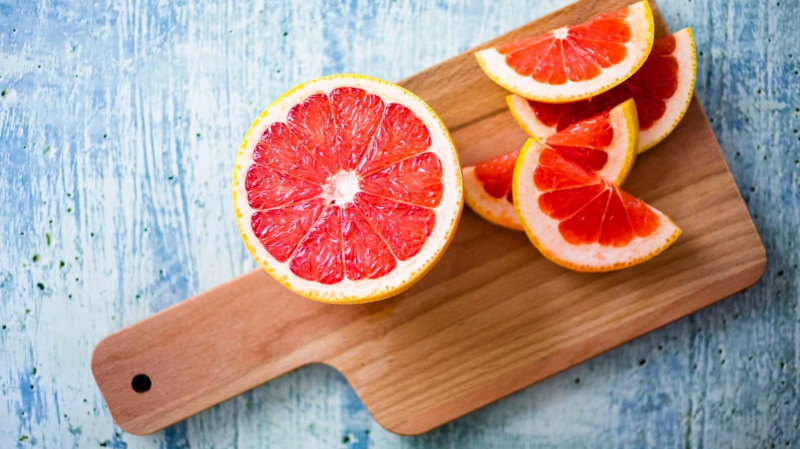
Grapefruit 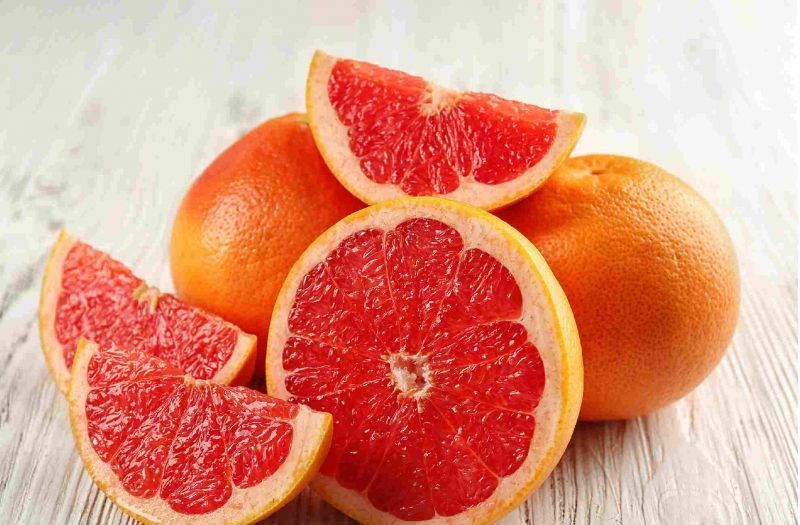
Grapefruit -
Most fruits significantly elevate blood sugar because they often contain simple sugar and are sweet (giving them a high GI). However, this is not the case with high-fiber fruits such as kiwi.
Only six grams of sugar are present per 100 grams of kiwifruit. It's surprising how many essential nutrients one low-calorie, high-fiber fruit can offer. Diabetes patients frequently struggle with digestive problems including indigestion or constipation. Kiwi is a fruit high in fiber that is good for your digestive system. It includes both soluble and insoluble fiber. Both enhance bowel movements and encourage the development of bacteria that are good for the digestive system. According to a recent scientific study, eating kiwi with breakfast can dramatically decrease the absorption of breakfast sugars into the bloodstream.
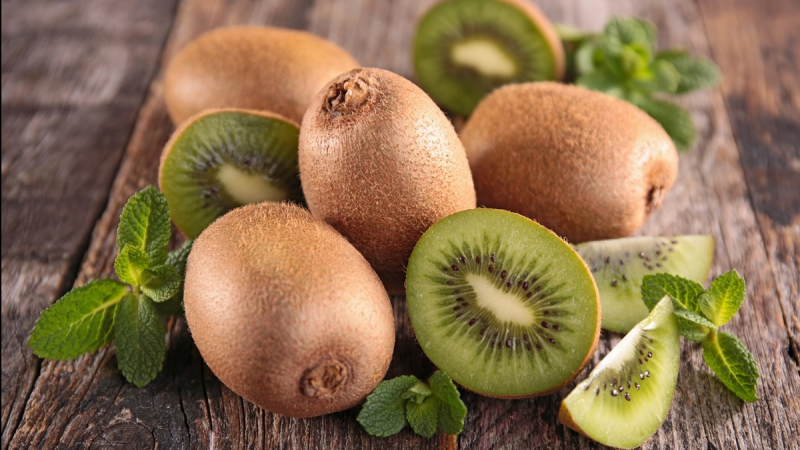
Kiwi 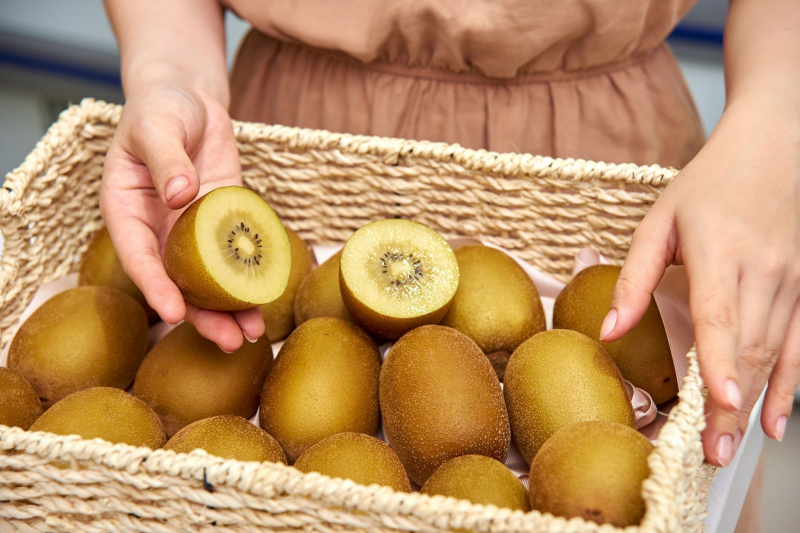
Kiwi -
Low glycemic index foods, like grapes, are less likely to cause blood sugar levels to spike when eaten. Their high fiber content makes them a good fruit choice for diabetics.
According to experts, the substances in grapes can lower blood sugar levels. One 16-week trial on 38 men found that those who consumed 20 grams of grape extract daily had lower blood sugar levels than those in the control groups. Resveratrol, a component in grape skins, boosts the sensitivity of insulin, which helps the body process glucose better and lowers blood sugar levels, according to several studies. According to the study's findings, resveratrol makes more glucose receptors on cell functions, which lowers blood sugar levels.
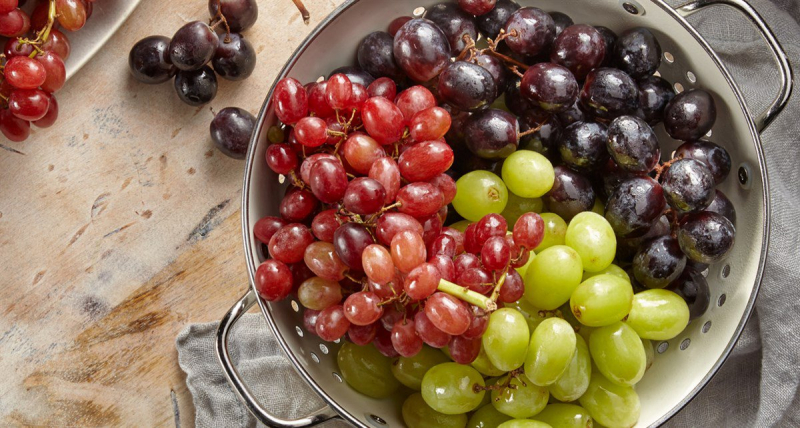
Grapes 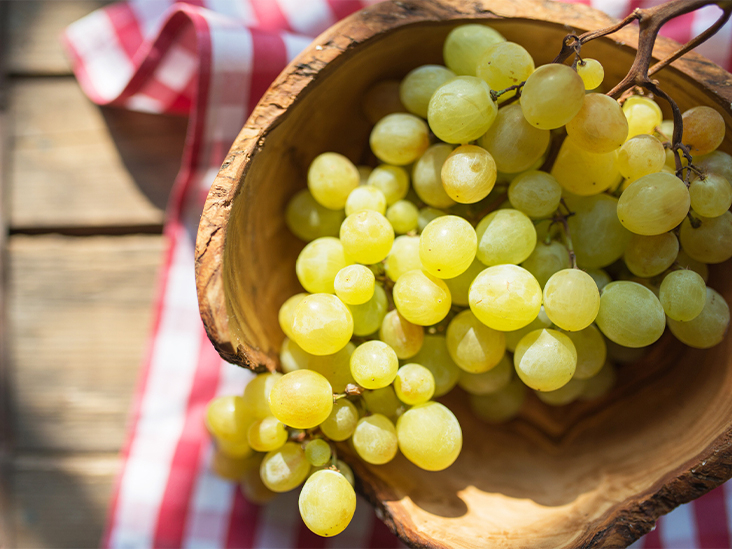
Grapes












